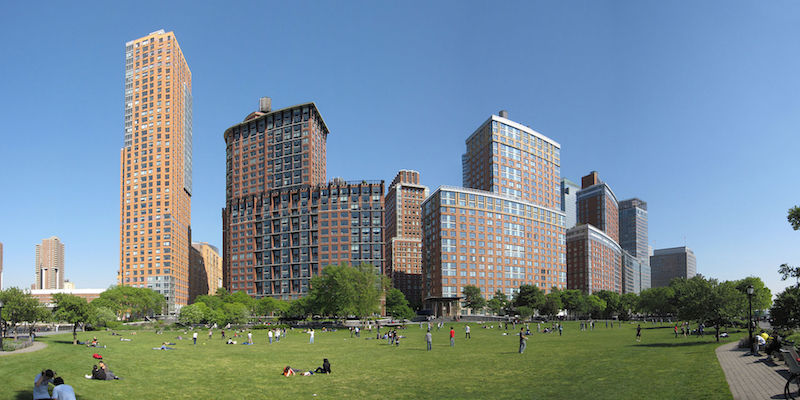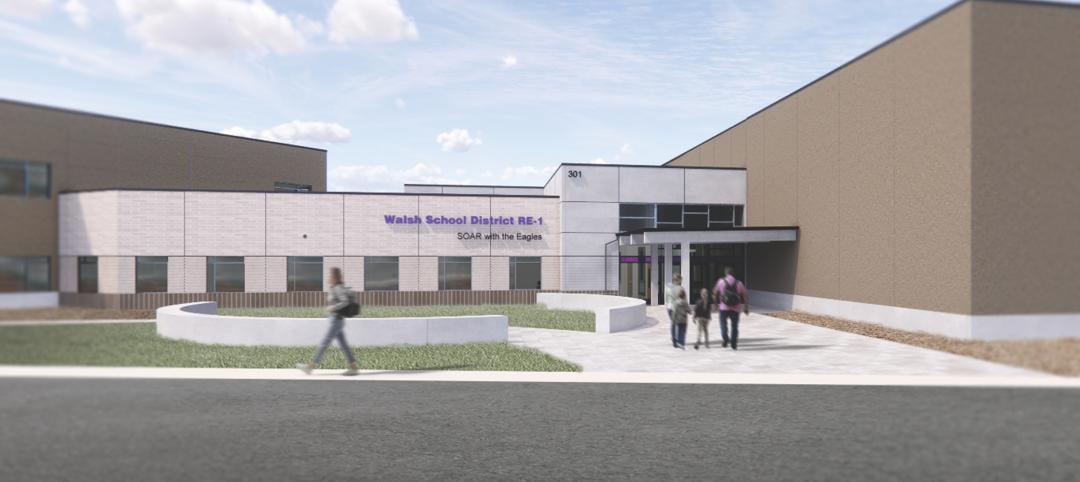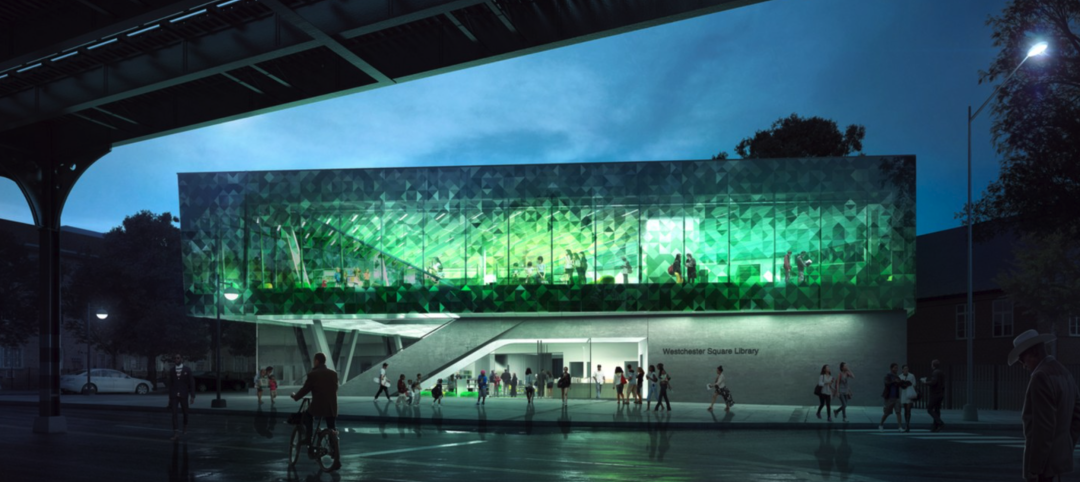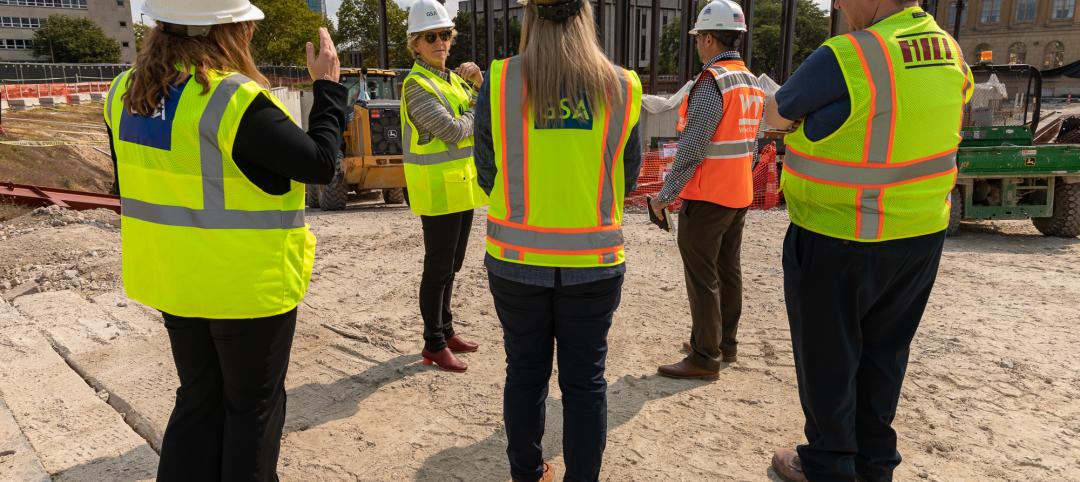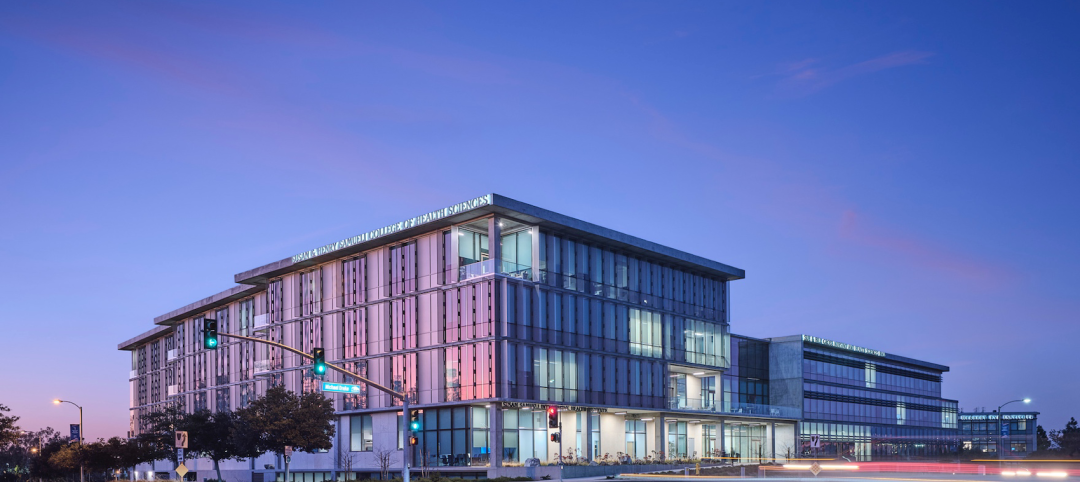The skyrocketing cost of housing in major U.S. cities is inspiring new concepts to make apartment living more affordable for Millennials, GenXers, and Boomers.
TOP 110 MULTIFAMILY ARCHITECTURE FIRMS
Rank, Firm, 2015 Revenue
1. Perkins Eastman $50,700,000
2. CallisonRTKL $40,466,000
3. Solomon Cordwell Buenz $38,438,935
4. Skidmore, Owings & Merrill $27,342,575
5. Niles Bolton Associates $27,300,000
6. NORR $24,325,290
7. Stantec $24,249,806
8. Robert A.M. Stern Architects $22,990,000
9. WDG $22,938,000
10. Harley Ellis Devereaux $18,300,000
TOP 80 MULTIFAMILY CONSTRUCTION FIRMS
Rank, Firm, 2015 Revenue
1. Lendlease $2,046,256,000
2. Suffolk Construction Co. $1,197,566,204
3. Clark Group $996,208,028
4. AECOM $942,100,000
5. Balfour Beatty US $818,343,386
6. Turner Construction Co. $691,436,732
7. Plaza Construction $600,000,000
8. Hunter Roberts Construction Group $569,747,283
9. Swinerton Inc. $549,000,000
10. Andersen Construction $454,800,000
TOP 50 MULTIFAMILY ENGINEERING FIRMS
Rank, Firm, 2015 Revenue
1. Jacobs $203,161,333
2. AECOM $200,900,000
3. Arup $168,783,060
4. Thornton Tomasetti $67,382,221
5. Syska Hennessy Group $32,420,857
6. Burns & McDonnell $24,341,832
7. Vanderweil Engineers $23,508,800
8. Smith Seckman Reid $20,189,000
9. DeSimone Consulting Engineers $19,799,641
10. Dewberry $19,159,460
MULTIFAMILY GIANTS SPONSORED BY:
“Affordable housing is the major concern in cities today,” says Brian Ward, AIA, LEED AP, Director of Design, Niles Bolton Associates. Ward predicts cities will be gearing up to legislate housing affordability into zoning codes. He says hard-pressed municipalities need to establish “an honest dialogue” among city leaders, the lending community, designers, and real estate interests as the way to achieve solutions that sustain growth while providing housing opportunities for the middle-class.
To address the affordability problem and attract tenants, owners and developers are experimenting with smaller and smaller units, amenity-rich environments, and “co-living” concepts.
“We’re seeing the evolution of micro-units into what some are unceremoniously referring to as adult dorm rooms, but the impact on the overall multifamily residential market is undeniable,” says Marc Fairbrother, AIA, LEED GA, NCARB, Vice President at CallisonRTKL.
This concept has reached a new level with the recent opening of WeLive—furnished, flexible, small units with large communal areas and social amenities. They are being introduced by co-working space provider WeWork in the New York City and Washington, D.C., metros.
Fairbrother says the current housing paradigm is aimed at adapting space to better fit user needs and facilitating social connection. “Many of our projects are about incorporating residential more fluidly into the urban fabric, with connectivity to retail, dining, and entertainment,” he says. “It’s also a more sustainable approach to achieving density in urban areas.”
onward and upward with AMENITY SPACES
Individual units may be shrinking, but specialty amenity spaces are flourishing.
The new Millennium on LaSalle will offer a musical practice space with a recording booth as just one of its planned unique spaces. The 216-unit apartment tower, an adaptive reuse of a 14-story Jenney & Murdie office tower (completed in 1902) in the Chicago Loop, is being designed by FitzGerald Associates Architects. The conversion includes the addition of a top-floor amenity level and landscaped roof deck, a basement that incorporates a large screening room, two console game media rooms, a computer lounge, and a dog washroom.
“Everyone is trying to find that next appeal, whether it’s a maker space, a bike lounge, or a place to play and record your musical instrument,” says Mike DeRouin, CSI, CCCA, the design firm’s President. “But there’s another segment of the population that just wants to live in a quiet building. We’ve also got several clients that are building small boutique apartment buildings with limited amenities that are close to transit.”
Because convenience and simplicity are increasingly valued by urban dwellers, transit-oriented developments may be catching on. “People want to live close to mass transit, where they work and where they play, without relying on a car, and they’re willing to live in a smaller apartment to do that,” says Stuart Lachs, AIA, LEED AP, Principal, Perkins Eastman.
TODs are also cutting back voluntarily on their parking spaces. “In some cases, we are designing less than one parking space per dwelling unit,” says Lachs. “Municipalities used to set a minimum number of parking spaces; now they are setting maximums.”
ENLIVENING SPORTS AND ENTERTAINMENT DISTRICTS
Victory Park, a $3 billion residential and commercial district northwest of downtown Dallas, is capitalizing on the opportunity to leverage one of the nation’s most popular sports and entertainment venues. Anchored by American Airlines Center, home to the NBA Dallas Mavericks and the NHL Dallas Stars, the 75-acre development encompasses more than a thousand residences. Four additional high-rise residential buildings under construction will add nearly 2,000 upscale apartments to the district by 2018.
“We’ve realized that the areas surrounding the facilities that house our favorite teams and performers need to function on multiple levels to truly be successful,” says Tom Brink, AIA, LEED AP, Vice President, CallisonRTKL. “We need to take these developments from ‘game day’ to ‘every day’ destinations.” Multifamily residential can help achieve that goal, he says.
In Los Angeles, three luxury residential towers rising in the heart of downtown’s South Park neighborhood seek to transform the city from an in-and-out destination to a permanent dwelling place. Located across from Staples Center and the LA Live entertainment complex, Oceanwide Plaza will house 504 condominiums, a 183-key hotel, and event spaces. The trio of towers—slated for completion in late 2018—rise from a 200,000-sf retail podium surrounded by a large lawn, children’s playground, pool, and running track.
CallisonRTKL’s Brink notes that our economy and culture are heavily influenced by the sports and entertainment industry. To make residential developments based on sports and entertainment feel like home, he says, “We have to address everything from logistical concerns, such as careful integration of parking and security, to the livability and authenticity of the community.”
RETURN TO THE GIANTS 300 LANDING PAGE
Related Stories
Architects | May 23, 2023
DEI initiatives at KAI Enterprises, with Michael Kennedy, Jr. and Gyasi Haynes
Michael Kennedy, Jr. and Gyasi Haynes of KAI Enterprises, St. Louis, describe their firm's effort to create a culture of diversity, equity, and inclusion—and how their own experiences as black men in the design and construction industry shaped that initiative.
Multifamily Housing | May 23, 2023
One out of three office buildings in largest U.S. cities are suitable for residential conversion
Roughly one in three office buildings in the largest U.S. cities are well suited to be converted to multifamily residential properties, according to a study by global real estate firm Avison Young. Some 6,206 buildings across 10 U.S. cities present viable opportunities for conversion to residential use.
Architects | May 23, 2023
Ware Malcomb hires Francisco Perez-Azua as Director, Interior Architecture & Design, in its Miami office
Ware Malcomb hires Francisco Perez-Azua as Director, Interior Architecture & Design, in its Miami office.
K-12 Schools | May 22, 2023
The revival of single-building K-12 schools
Schools that combine grades PK through 12 are suddenly not so uncommon. Education sector experts explain why.
Architects | May 19, 2023
Snøhetta architects make a bid to unionize the firm's New York studio
Employees at the New York office of architecture firm Snøhetta have filed a petition with the National Labor Relations Board (NLRB) to unionize the studio. Snøhetta employees’ action marks the third time architects at a private-sector architecture studio in the U.S. took that step.
Healthcare Facilities | May 19, 2023
A new behavioral health facility in California targets net zero energy
Shortly before Mental Health Awareness Month in May, development and construction firm Skanska announced the topping out of California’s first behavioral health facility—and the largest in the nation—to target net zero energy. Located in Redwood City, San Mateo County, Calif., the 77,610-sf Cordilleras Health System Replacement Project is slated for completion in late 2024.
Government Buildings | May 18, 2023
GSA launches first biennial construction award program
Today, the U.S. General Services Administration (GSA) announced the new biennial GSA Construction Award program, which is seeking submissions this summer. The program was created to honor outstanding achievements in construction, with a focus on quality and craftsmanship, collaboration and team dynamics, sustainability, innovation, and technology. The first Construction Awards ceremony will take place in 2024.
K-12 Schools | May 17, 2023
Designing K-12 schools for students and safety
While bullying, mental health, and other acts of violence are all too common in schools today, designers have shown that smart and subtle preventive steps can make a big difference. Clark Nexsen’s Becky Brady shares how prevention and taking action at the design level can create safe and engaging learning environments.
Affordable Housing | May 17, 2023
Affordable housing advocates push for community-owned homes over investment properties
Panelists participating in a recent webinar hosted by the Urban Institute discussed various actions that could help alleviate the nation’s affordable housing crisis. Among the possible remedies: inclusionary zoning policies, various reforms to increase local affordable housing stock, and fees on new development to offset the impact on public infrastructure.
University Buildings | May 17, 2023
New UC Irvine health sciences building supports aim to become national model for integrative health
The new College of Health Sciences Building and Nursing & Health Sciences Hall at the University of California Irvine supports the institution’s goal of becoming a national model for integrative health. The new 211,660-sf facility houses nursing, medical doctorate, pharmacy, philosophy, and public health programs in a single building.


